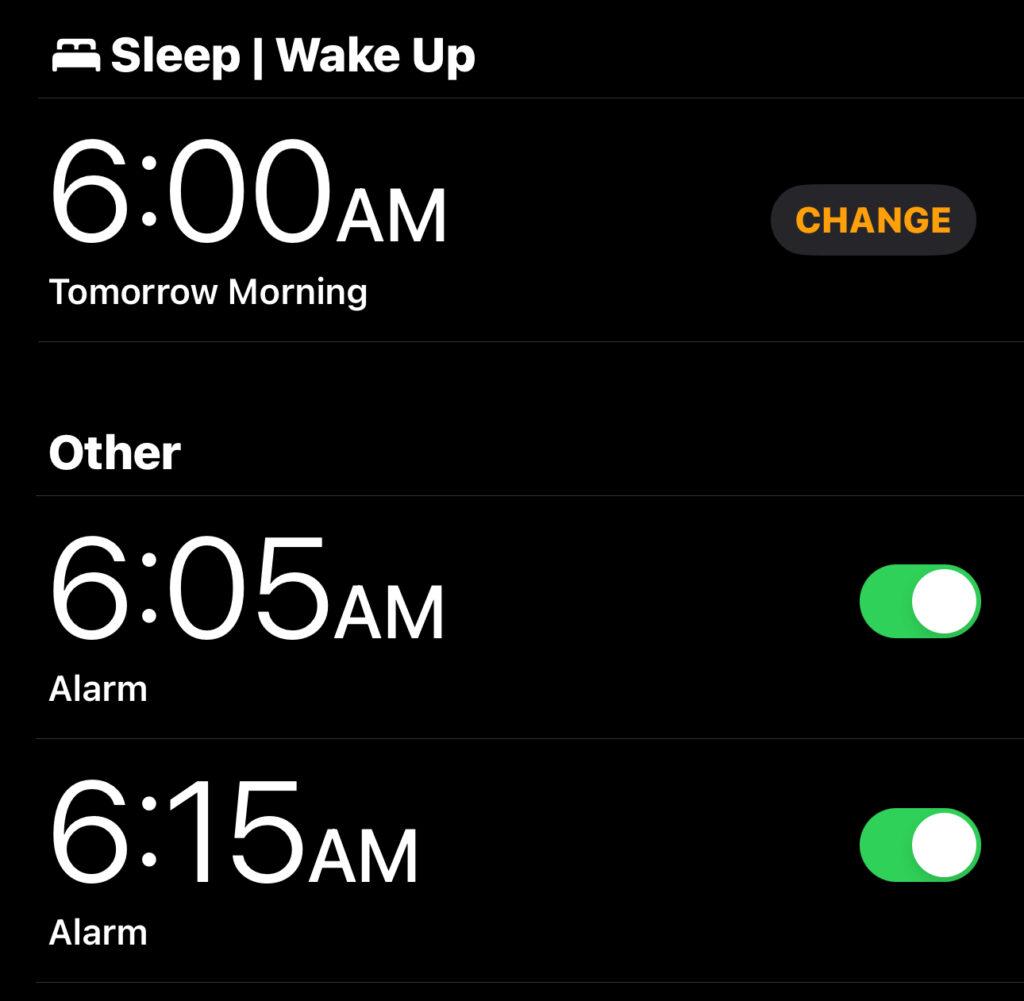Despite constantly being chided to report to bed earlier for better long-term health, many SHS students still find themselves only getting into bed in the wee hours of dawn. From personal experience, despite certain benefits to sleeping earlier, it’s not realistic for students to change this habit.
In elementary and middle school, I was generally fast asleep in bed before 8 or 9 p.m. and getting at least 9 hours of sleep a night. I found the idea of pulling an all-nighter — or even staying up past midnight — unimaginable. The one time I had stayed up until 2 a.m. for a Lunar New Year party, my 7-year-old self woke up two days later.
Sophomore year, however, I consistently tucked into bed at 1 or 2 a.m., while waking up at the absolute last possible moment (8:12 a.m.) to get to school in a sort of on time-ish way. This was already pushing the limits of the 8-10 hours of sleep per 24 hours the CDC recommends for teens ages 13-18.
Junior and senior year only got worse. If you had checked Spotify or Discord activity statuses at 3 or 4 a.m., you would have probably seen me and many of my friends still procrastinating on English readings and Physics homework due in 4 hours. On the weekends, you would not find me up any time before noon.
Whether it’s procrastination (senioritis is definitely real) or the genuinely unmanageable workload that came with taking seven classes in junior year, I found myself nodding off in my classes to get myself closer to the daily recommended sleep amount. I would argue this wasn’t as bad as it sounds since I honestly don’t learn much in class anyway, but the quality of sleep isn’t as high when you’re constantly trying to dodge your teacher’s watchful eye.
Also, the 3-hour naps I took after school — whether they came at 4 p.m. or 10 p.m. — were never refreshing.
In the past month or so, in an effort to get my life back on track, I have begun reverting to something similar to my elementary school sleep schedule. I go to bed around 10-11 p.m. and wake up at 6 a.m.
Our circadian rhythm (biological clock) dictates the best quality of sleep happens between 10 p.m. and 2 a.m. Unfortunately, I have to admit the quality of my sleep when I’m in bed earlier, though sometimes less in hours, is higher quality. The peace and quiet of waking up at 6 a.m. coupled with a comfortable amount of time to get ready for school is also more relaxing and a better way to start my day.
While sleeping earlier and waking up earlier is something good for long-term health and something that people should strive for throughout their entire lives, I don’t think it’s realistic for high schoolers at academic pressure cooker schools like SHS to achieve. I started this health kick only because I’m focusing on myself and bettering my health as a second-semester senior. If I had done this the past three years, my grades would have suffered.
My friends all know my most productive time period occurs around 2 a.m., and a 6 a.m. cram session simply would not be as effective. Though I’m enjoying this sleep experiment while it lasts, along with most normal students, I consistently save my work for the last minute before tests, and having a 10 p.m. bedtime is not conducive to effective study sessions, and likely isn’t something I will be able to consistently hold up in college. For now, though, I’m waking up at dawn and I’m more than OK with it.



























